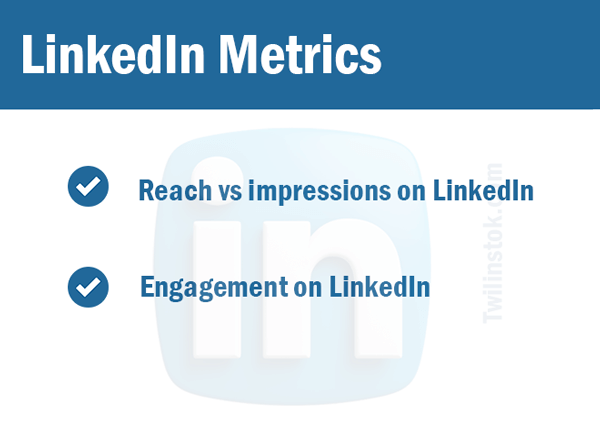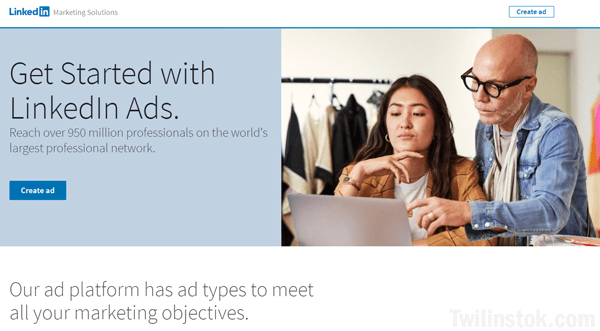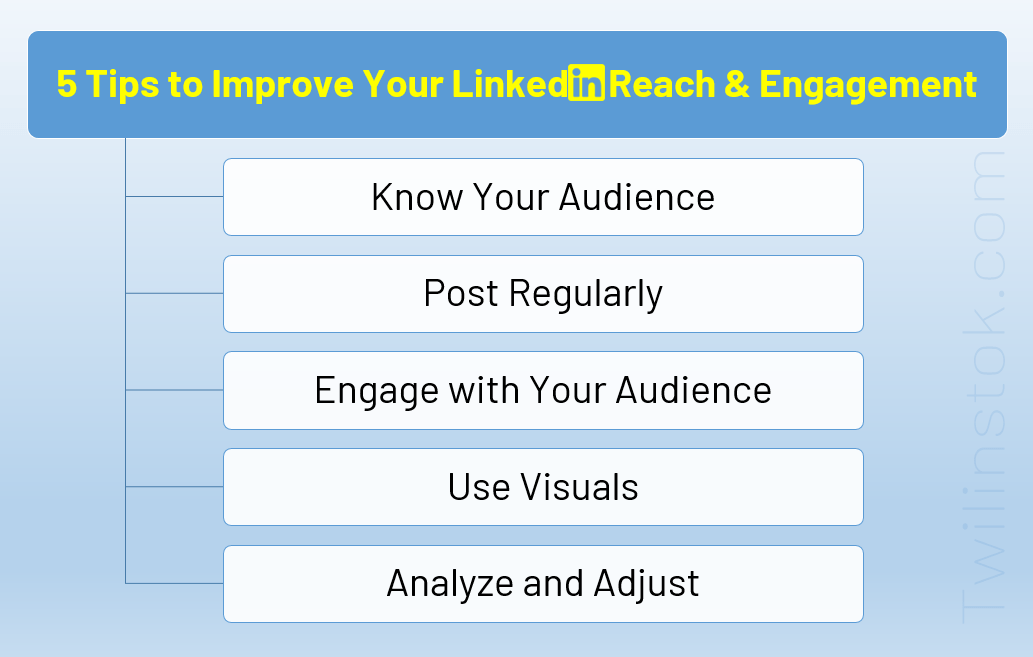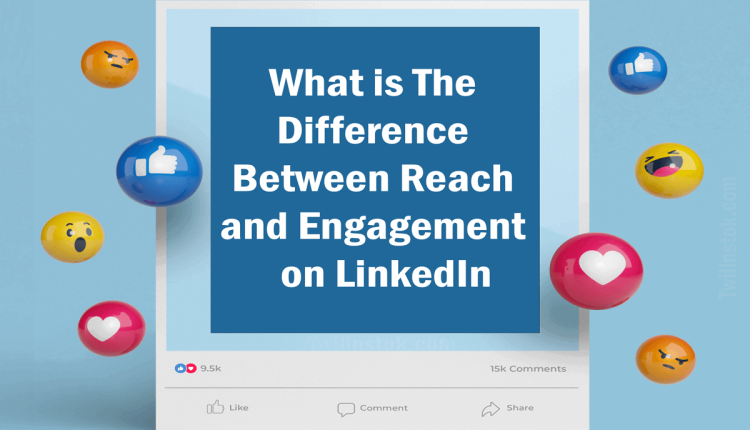What is the Difference Between Reach and Engagement on LinkedIn?
LinkedIn Reach vs Impressions
You seem interested in understanding the difference between reach and engagement on LinkedIn. Well, you’ve come to the right place! We’re going to chat about the two biggest today: “reach” and “engagement“. These might sound like fancy marketing jargon but don’t worry, in this article from Twilinstok, we’re going to break them down in a way that’s as easy as pie. Whether you’re a LinkedIn pro or just getting started, this article is for you. So grab a cup of coffee, get comfy, and let’s dive into the world of LinkedIn metrics together!
Understanding LinkedIn Metrics
Before we dive into the nitty-gritty, let’s take a moment to understand what we mean by ‘metrics’. In the simplest terms, metrics are just a way for us to measure things. In the context of LinkedIn, these are numbers that tell us how our posts are doing. Are people seeing them? Are they interacting with them? The following metrics help answer these two questions.
- Reach vs impressions on LinkedIn
- Engagement on LinkedIn

Reach vs Impressions on LinkedIn
Now, let’s talk about ‘Reach’ and ‘Impressions’. These two are often used interchangeably but they’re not quite the same.
‘Reach’ is the number of unique people who see your post. Think of it as the number of individual eyes that have glanced at what you’ve shared.
On the other hand, ‘Impressions’ is the total number of times your post has been seen.
So if one person sees your post twice, that’s one reach and two impressions.
Engagement on LinkedIn
Moving on to ‘Engagement’, this is where things get interesting. Engagement is all about interaction. It’s not just about who saw your post, but who liked, shared, or commented on it. It’s about who cared enough to interact with what you’ve shared.
The Difference Between Reach and Engagement on LinkedIn
Alright, now that we’ve got the basics down, let’s tackle the main question: What’s the difference between reach and engagement on LinkedIn?
While ‘Reach’ tells us about the number of unique people who have seen our post, ‘Engagement’ goes a step further. It tells us about the people who were motivated enough by our content to interact with it. So, while a high reach means you’re getting seen, high engagement means you’re sparking interest and action. Both are important in their own ways.
Imagine throwing a party. Reach is like the number of people who heard about your party, and engagement is like the number of people who actually showed up and danced. You need both for a successful party, right?
Engagement Metrics in Campaign Manager
Now, let’s talk about LinkedIn’s Campaign Manager. This is a handy tool that helps you understand and analyze your engagement metrics. It’s like your personal party planner, giving insights into who showed up, who danced the most, and which songs were a hit.
In Campaign Manager, you can see detailed metrics about likes, shares, comments, and even click-through rates. This data can help you understand what’s working and what’s not so that you can tweak your strategy for better results.

5 Tips to Improve Your LinkedIn Metrics
Now that we understand the difference between reach and engagement on LinkedIn, let’s talk about how we can improve these metrics. Here are a few tips:
- Know Your Audience: Understanding who your audience is can help you create content that resonates with them. This can lead to higher engagement.
- Post Regularly: Consistency is key on LinkedIn. Regular posts can help increase your reach and keep you on top of mind for your audience.
- Engage with Your Audience: Don’t just post content, interact with your audience. Respond to comments, ask questions, and create a two-way conversation.
- Use Visuals: Posts with images or videos tend to get more engagement than text-only posts. So, get creative!
- Analyze and Adjust: Use the data from “LinkedIn’s Campaign Manager” to understand what’s working and what’s not. Don’t be afraid to adjust your strategy based on what the data is telling you.

Suggested Articles to Read More:
- What are impressions on LinkedIn?
- What are unique impressions on LinkedIn?
- What are good impressions on LinkedIn?
- What drives impressions on LinkedIn?
- What is engagement on LinkedIn? + 30 tips to increase it
Last words
Understanding the difference between reach and engagement on LinkedIn can help you create a more effective marketing strategy. Remember, reach is about how many people see your content, while engagement is about how many people interact with it. Both are important for spreading your message and connecting with your audience.
For more information about LinkedIn and the features of this social network, we suggest that you click on Free LinkedIn Tutorial [+]. Also, if you have any questions about LinkedIn, you can ask them in our LinkedIn help center [+] in the form of a topic and wait for the answers from our experts.
Thanks for reading our answer to What are Unique Impressions on LinkedIn! Don’t forget to leave a comment for us…
FAQs
What is Reach on LinkedIn?
Reach refers to the total number of unique LinkedIn users who have seen your content.
What does Engagement mean on LinkedIn?
Engagement refers to the actions that users take in response to your content, such as likes, comments, shares, and clicks.
How does Reach differ from Engagement on LinkedIn?
While Reach is about the visibility of your content, Engagement is about how users interact with it.
Why are both Reach and Engagement important on LinkedIn?
Reach helps you understand your potential audience size, while Engagement shows how your content resonates with that audience.
How can I improve my Reach and Engagement on LinkedIn?
Posting relevant, high-quality content and engaging with your audience can help increase both your Reach and Engagement.

